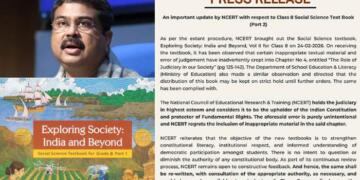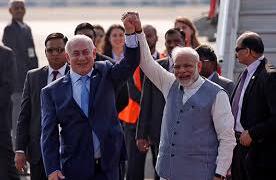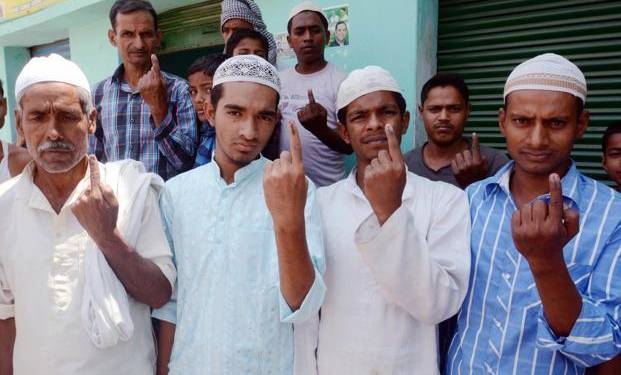In the run up to the 2019 Lok Sabha polls, the left liberal cabal consisting of political outfits, some prominent media outlets and a body of self acclaimed intellectuals that likes to look at itself as possessing unmatched wisdom, had been vociferously arguing that the BJP had set in motion a massive exercise of polarising Hindu votes. Blaming the ruling party for resorting to a majoritarian brand of politics, the entire leftist establishment in the country had been claiming that the Muslims have been marginalised and made politically irrelevant with a massive Hindu polarisation exercise that they alleged was underway. Even after the BJP led NDA came to power with a humongous mandate, it was being argued by these usual suspects that the BJP had managed the magic numbers only on account of the Hindu polarisation that it had initiated before the Parliamentary polls.
However, a cursory look at the results in the 14 unreserved Muslim-majority Lok Sabha constituencies during the 2019 Parliamentary polls tells a completely different story. It reveals that out of the 14 unreserved constituencies, all but 1 of the members that have been sent to the Lok Sabha come from the Muslim community only. The one non-Muslim member is- Adhir Ranjan Chowdhury, Congress’ Leader in the Lok Sabha. Congress has been at the forefront of the politics of reducing the Muslim community to mere vote-bank in India. Therefore, the narrative that was at play in the rest of the 13 Lok Sabha seats which elected Muslim candidates must also have been at play in the constituency which elected Adhir Ranjan Chowdhury.
What further makes it clear that this process of religious polarisation is largely one sided and there are no reactionary political or communal forces at play, is the fact that 27 Muslim members have made it to the Lok Sabha this time around. Therefore, barring 13 Muslim members who got elected from the unreserved Muslim majority constituencies, there were 15 Muslim minority constituencies as well which elected Muslims as their representatives.
In Bihar
Kishanganj- Mohammed Javed (Congress)
In AP
Hyderabad- Asaduddin Owaisi (AIMIM)
Lakshadweep- Mohammed Faizal (NCP)
In J&K
Srinagar- Farooq Abdullah (NC)
Baramullah- Akbar Lone (NC)
Anantnag- Hasnain Masoodi (NC)
— Amit Agrahari (@Amit_Agrahari94) October 11, 2019
Thus, it is amply clear that while unreserved Muslim-majority constituencies have only elected Muslim members or at least those members who come from parties that are seen as practising vote bank politics involving the Muslim community, there has been no such polarisation in the other constituencies. Had the non Muslim constituencies been polarised, these many Muslim members wouldn’t been elected.
This is not only in sharp contrast to the narrative of Hindu appeasement/polarisation that the “secular” opposition parties had been alleging in the run up to the Lok Sabha polls, but also exposes how these so called secular parties themselves pursue intense vote bank politics. Ever since the Modi government stormed to power in 2014, these vested political sections and the Lutyens’ elites went into an overdrive in their efforts to create a false sense of political alienation among the Muslim community and instill fear in their minds about the consequences of the imaginary polarisation that they alleged the country was heading towards.
From the 2019 Parliamentary poll results, it is clear that the modus operandi of the “secular” parties is pretty simple. Their brand of politics is based on Hinduphobia and creating false fears and apprehensions among the Muslim community about the rise of Hindutva politics. These parties have degenerated their political agenda into fear mongering and falsehoods in a desperate bid of political survival. This has led to unnecessary polarisation as is evident from the aforementioned statistics, which prevents the Muslim community from becoming a part of the mainstream political narrative.




























